Beginners Metal Detector
There are a wide variety of factors that you can use to help determine the best entry-level metal detector for you. These factors can take differing levels of importance for each person as well, as every metal detectorist has different goals, techniques, and scenarios.
Detector Weight
An important, sometimes forgotten, factor that weighs heavily on how much people enjoy metal detecting is the weight of their first metal detector.
While half a pound doesn’t sound like it would make a big difference, it definitely does when you spend an afternoon swinging a detector.
If you do not have a lightweight detector, particularly if you do not have a ton of upper body strength, it can make your experience with treasure hunting un-enjoyable.
A good range that you should try to keep your metal detector’s weight at would be anywhere from two to four pounds. If you get any heavier than that, you have likely gotten into some advanced metal detectors with increased performance and a much higher price tag.
In most cases, the average metal detectorist should be able to swing a two to four-pound machine for a solid hunt. While this factor of weight might rank high or low on your list of importance, it is always something to keep in mind.
Operating Frequency
Operating frequencies can sound complicated if you have never been exposed to them. In reality, the basics of frequencies for metal detectors are fairly simple.
In general, the higher the operating frequency of your metal detector, the more sensitive it will be, which means it can detect smaller objects.
On the flip side, a higher operating frequency generally means a decreased detection depth. Inversely, a lower operating frequency means less sensitivity for smaller objects and an increase in detection depth.
There are many metal detectors on the market today that allow you to change the operating frequency, but those are generally at much higher price points than our beginner metal detector suggestions.
When it comes to starter metal detectors, generally every operating frequency is designed to be excellent at all-purpose metal detecting.
That is why you see such little variance from the 6-15 kHz range with all of the suggested detectors. Just be sure to pay attention to the operating frequency when you are deciding on a beginner metal detector!
Ground Balance
In general, beginner detectors usually have a fixed ground balance feature or an automatic ground balance feature.
This is done to prevent the entry-level hobbyist from having to learn and fuss about ground balancing. Though it is not hard once you have practiced it a bit, it is just one more headache for a new treasure hunter to worry about.
If you are hunting in very mineralized ground conditions, being able to manually ground balance can give you less signal interference and deeper detection depths!
At the end of the day, as a beginner, the ground balancing features of your detector should be the least of your concerns.
The most common places detectorists begin their hunting is in parks, fields, yards, and beaches. Most of these areas should not have highly mineralized soil conditions, which means that you should not have to worry about ground balancing much, if at all.
Discrimination Features
Virtually every metal detector on the market today features at least some iron discrimination. Every beginner metal detector should have at least some discrimination features , as detectorists tire rapidly of digging up nails and other iron scraps.
The amount of discrimination offered on each metal detector is highly variable, as some provide just a few notches of iron discrimination, while some can discriminate dozens of different target signals.
At the very least, we recommend making sure that your metal detector can discriminate against iron. This is because, in areas where any humans have been, you will likely find scrap iron. More often than not, this scrap iron is not a relic that most metal detectorists want to dig.
Commonly, nails, wire, and other small pieces of iron are dug up by hobbyists so frequently that it can become an annoyance.
Most metal detectors in the beginner price level will offer at least a few iron discrimination levels, and many offer several other metal discrimination functions as well.
Search Modes
Since discrimination features have been mentioned, search modes are next in line. While search modes are not a necessity, they make life much simpler for metal detectorists, especially those who are new to the hobby.
Simply put, search modes are preset to save the various settings of your metal detector to a certain set. Once you turn on your metal detector, all you have to do is select the search mode you want to use and you are good to go.
Even the most basic metal detectors have at least a couple of search modes. Every beginner metal detector has an ‘All Metal’ or ‘No Discrimination’ mode. This mode means that every type of metal, including iron, will come up with strong and clear signals.
Some other common search modes are Coins, Jewelry, Relics, Beach, Custom, and many more. All of these search modes correspond to a certain setting of your sensitivity, discrimination, and audio signals. These search modes provide for simple one-touch and go treasure hunting!
Waterproof/Weatherproof
One factor that is highly dependent on where you intend to metal detect is whether or not your metal detector needs to be waterproof. A vast majority of metal detectors are weatherproof, particularly at this price point.
Weatherproof simply means that the metal detector’s control box can withstand exposure to rain, wind, snow, hail, and other weather events.
On the other hand, waterproof means that the metal detector can be submerged underwater for an extended period of time. When you are deciding whether or not you need a waterproof detector, think about where you intend to metal detect.
If you will often be searching for relics or gold near bodies of water, consider waterproof detector, as it can be used on land and can also be submerged, while remaining a simple metal detector to learn how to use.
If you do not foresee yourself anywhere near water, just be sure that your detector has a weatherproof rating and you will be good to go!


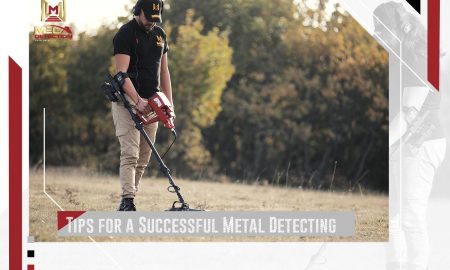
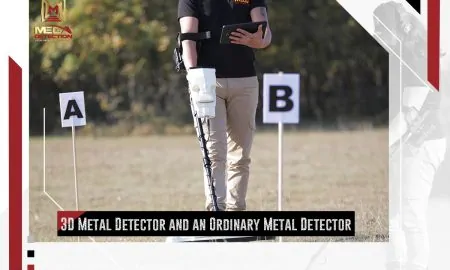

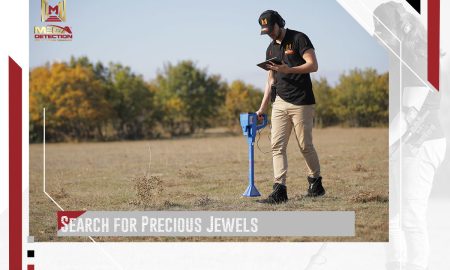
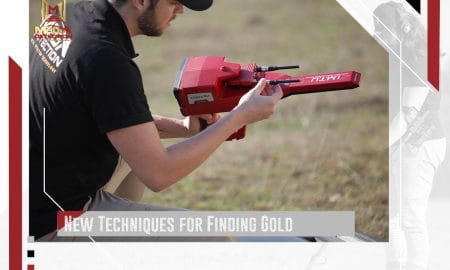
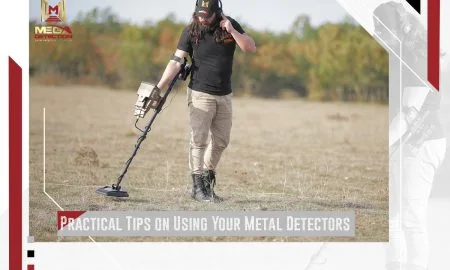
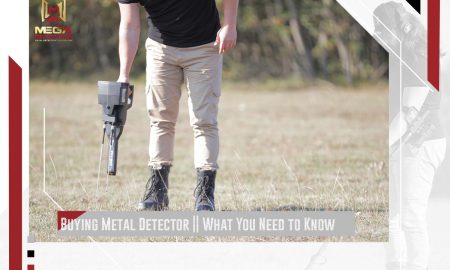

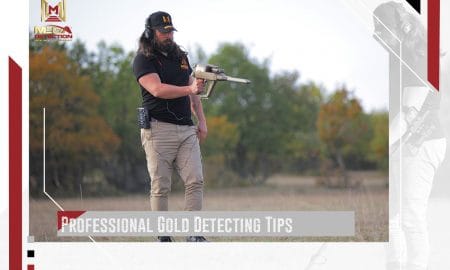

Leave a Reply